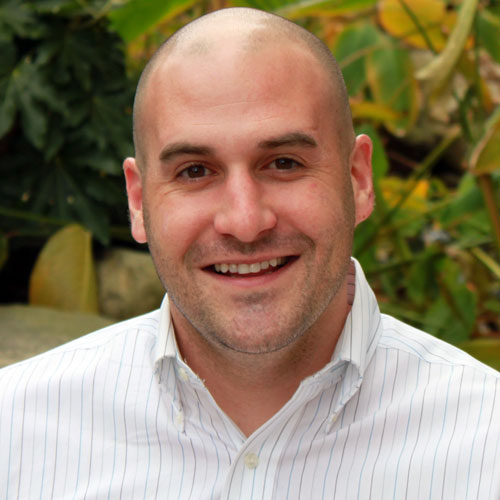For the past several decades, locum tenens clinicians have traveled across the US to support the patient needs of facilities facing staffing shortages, those serving remote or rural communities with limited access to talent, and facilities with resource constraints that might prevent them from bringing on full-time staff.
What is Locum Tenens?

Locum tenens, derived from Latin, translates to "to hold the place of." In the medical context, locum tenens positions refer to temporary positions that healthcare professionals take on to provide coverage for facilities where a full-time employed clinician might be absent, fill vacancies in open positions, or provide extended coverage above and beyond a facility’s typical staffing levels. Locum tenens opportunities are often sought by clinicians seeking flexible work, a source of additional revenue, or an opportunity to extend their services to underserved communities in need of support.
These are the top 4 reasons geriatricians and gerontologists most often cite a preference for working locum tenens:
1. Geographic Flexibility to Support Underserved Communities
One of the primary benefits of working locum tenens is the freedom it affords geriatricians to choose their work locations. This geographic flexibility means that geriatricians and gerontologists can provide care to elderly patients in underserved or remote areas, where access to specialized medical care may be limited. By bringing their expertise in geriatric medicine to these regions, geriatricians and gerontologists contribute to closing the healthcare gap for older adults who might otherwise struggle to receive the care they need.
2. Varied Clinical Experience
Geriatric care covers a wide array of medical conditions, social determinants of health, and complex patient needs. Working locum tenens assignments exposes geriatricians to a variety of patient cases, from acute medical needs, to chronic care management, to end-of-life care. This exposure improves their clinical skills and ability to adapt to different care scenarios, enabling them to more effectively solve problems and provide well-rounded care to patients.
3. Exposure to Care Delivery Models
Locum tenens positions provide geriatricians with opportunities to collaborate with other healthcare professionals in a variety of models and settings. This exposure allows them to learn new models of care and become experts in best practices for treating elderly patients. Due to the highly collaborative nature of geriatric care, geriatricians and gerontologists in locum tenens roles often receive a higher level of cross-disciplinary learning, making their expertise and broad knowledge of the health setting more robust.
4. Opportunities to Teach and Lead
Geriatricians and gerontologists working locum tenens often serve as visiting experts at the facilities they serve and have the opportunity to partner with care teams to establish care routines and practices that will live with the organization long after the locum tenens clinician has completed his or her assignment. For clinicians seeking opportunities to advance the overall provision of geriatric care throughout the country, locum tenens roles often afford them the opportunity to share their knowledge and skills with others, bolstering the overall capabilities of the facility to support their elderly community.
Geriatricians and gerontologists serve a great need in our communities. Locum tenens opportunities are a viable way for geriatricians and gerontologists to reach those patient communities most in-need, develop a wider range of clinician expertise and care delivery experiences, and spread knowledge about best practices in elderly care.
If you are interested in learning more about working as a locum tenens provider, or you would like to hear about more geriatric care opportunities across the U.S., contact our team today and a dedicated recruiter will reach out.

About the author
Alan Ashby
Vice President, Primary Care
After starting his career at LocumTenens.com in 2008 as a Research Consultant for the Surgery Division, where Alan quickly moved up the ranks to Managing Director. In November of 2016, he transitioned to the Primary Care Team where he served as Managing Director until being promoted to Associate Vice President. In 2018, Alan became Vice President of the Emergency Medicine Division and in 2021 Vice President of Primary Care, continuing to oversee Emergency Medicine. Since joining LocumTenens.com, Alan has been the recipient of numerous awards, including “Producer of the Month” and “Manager of the month,” and was recognized as the 2012 LocumTenens.com Producer of the Year. Alan graduated magna cum laude from Georgia State University in 2005 with a B.B.A. in Risk Management and Insurance. Prior to joining LocumTenens.com, he spent three years in the insurance industry serving small- and medium-sized businesses with commercial insurance planning.





